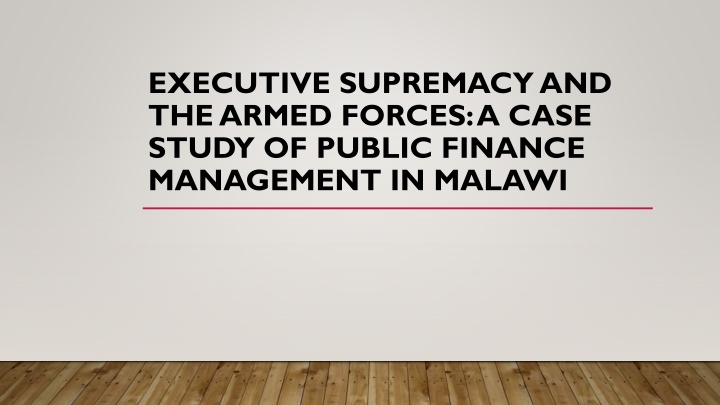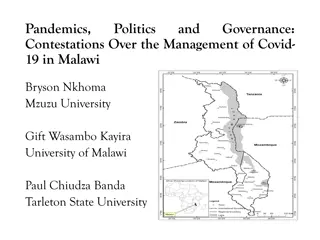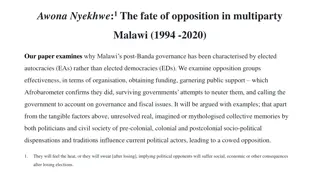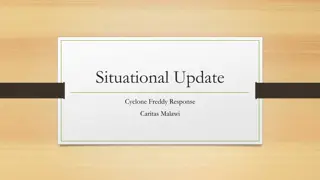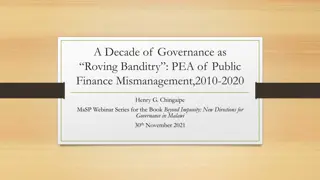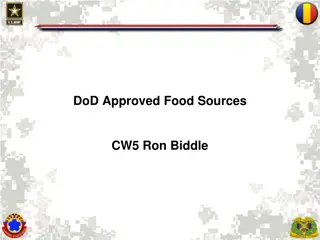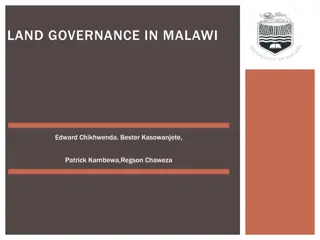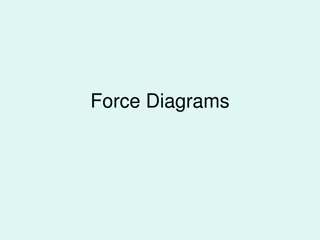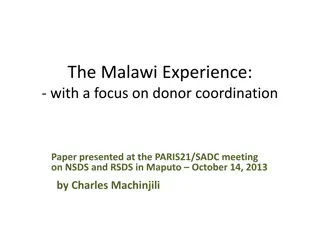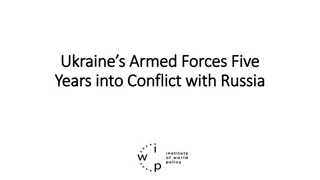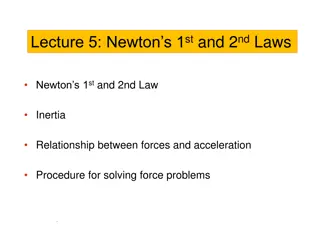Public Finance Management and Governance Challenges in Malawi Armed Forces
Examining the nexus between public finance management and security governance within the Malawi Armed Forces, this case study highlights the challenges stemming from the extensive budgeting latitude of the MOD Military and governance dilemmas caused by the Head of State also serving as Minister of Defence. The research findings underscore institutional weaknesses in financial oversight and accountability, necessitating a reevaluation of regulatory frameworks and decision-making processes in the Armed Forces.
Download Presentation

Please find below an Image/Link to download the presentation.
The content on the website is provided AS IS for your information and personal use only. It may not be sold, licensed, or shared on other websites without obtaining consent from the author.If you encounter any issues during the download, it is possible that the publisher has removed the file from their server.
You are allowed to download the files provided on this website for personal or commercial use, subject to the condition that they are used lawfully. All files are the property of their respective owners.
The content on the website is provided AS IS for your information and personal use only. It may not be sold, licensed, or shared on other websites without obtaining consent from the author.
E N D
Presentation Transcript
EXECUTIVE SUPREMACY AND THE ARMED FORCES: A CASE STUDY OF PUBLIC FINANCE MANAGEMENT IN MALAWI
SCOPE Introduction Methodology Research Findings Conclusion
INTRODUCTION Public finance management nexus with good governance paradigm Little or no research on security governance and public finance management in the Armed Forces in Malawi
METHODOLOGY Face to face interviews with Military Officers, Members of Parliament, Parliamentary Staff and Ministry of Defence. Used historical institutionalism theory to appreciate the broader policy trajectory and historical environment of security governance in Malawi i.e. Public expenditure and accountability. Historical institutionalism primarily describes the reasons for the persistent trajectory of given policy decisions and how some occasional changes occur.
RESEARCH FINDINGS Institutional framework for security governance and financial oversight in the Armed Forces: MOD Military has an extensive latitude in its budgeting and procurement process, thereby weakening any prudent public finance management. The Military regulates its own financial prudence through the office of Inspector General (IG) The IG office is not independent as it operates within the Office of the Commander of the Defence Force. This institutional arrangement therefore weakens the regulatory role of the Inspector General s office.
GOVERNANCE DILEMMA AND FINANCIAL ACCOUNTABILITY CHALLENGES WITHIN THE MOD. The Head of State in Malawi has at different occasions served as the Minister of Defence since 2004 causing security governance dilemma. Section 3 of the Public Finance Act stipulates that the minister is responsible to cabinet and national assembly (b) ensuring adequate procedures, internal controls and guidelines exist for the use of public money and public resources; and (c) the compliance by the Ministry of Finance with its responsibilities under this Act.
Section 4 stipulates that the minister is responsible for (c) the supervision of the finances, assets and liabilities of the state so as to ensure that a full accounting is made to the National Assembly of all transactions involving public moneys or disposition of public resources; (c) the oversight of finances of the statutory bodies. While the Deputy minister appears in his stead, this is excessive delegation of authority, and section 5(c) of the PFM Act 2003 stipulates that the responsibilities of the minister under this Act shall not be derogated merely by his having exercised his power of delegation under this section.
The Republic of Malawi constitution stipulates that the ultimate responsibility of the defence forces of Malawi shall vest in the President as commander in chief. It further states that any power conferred on the President, by the constitution, shall only be exercised on the recommendations of the Defence Force Council, which shall include the Minister of Defence, Secretary to the office of the President and Cabinet and the high command of the Defence Force. The Republic of Malawi Constitution, 1995: 71.
THE LEGISLATURE Members of parliament little fiscal expertise; and lack of specialized knowledge in defence budget. Defence and Security Committee experience on public expenditure oversight on secretive national security operations is absent due to lack of security clearance to handle such sensitive information. Lack of professional parliamentary staff with sufficient knowledge and expertise of the military s institutional requirements and expenditure of public money.
THE HISTORICAL CONTEXT OF PUBLIC FINANCE MANAGEMENT IN THE ARMED FORCES The policies adopted by all post-independence Heads of State reduced legislative powers and created executive dominance, resulting in lack of effective oversight of the military public expenditure. The Armed Forces restructuring and procurement of military assets/ the public expenditure has always been kept under wraps of the Presidency and the military without a security cleared Defence and Security Committee. The President and Defence Commanders relationship i.e. firing and control.
CONCLUSION Questions and Comments
